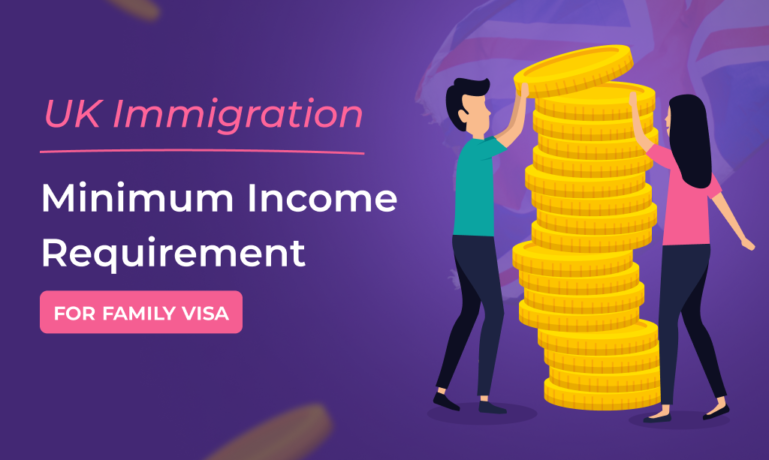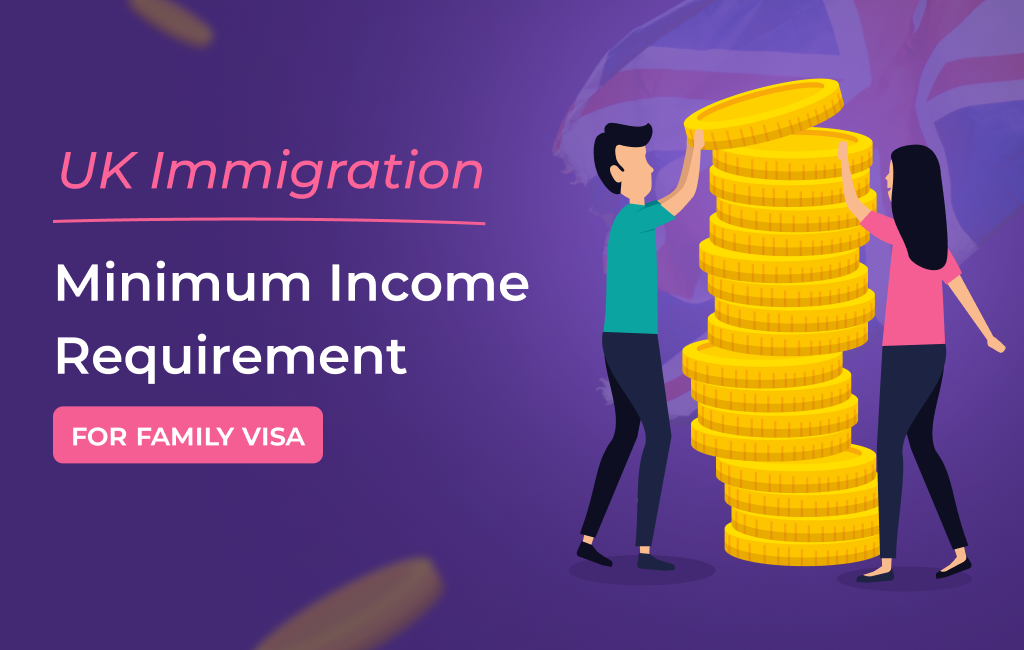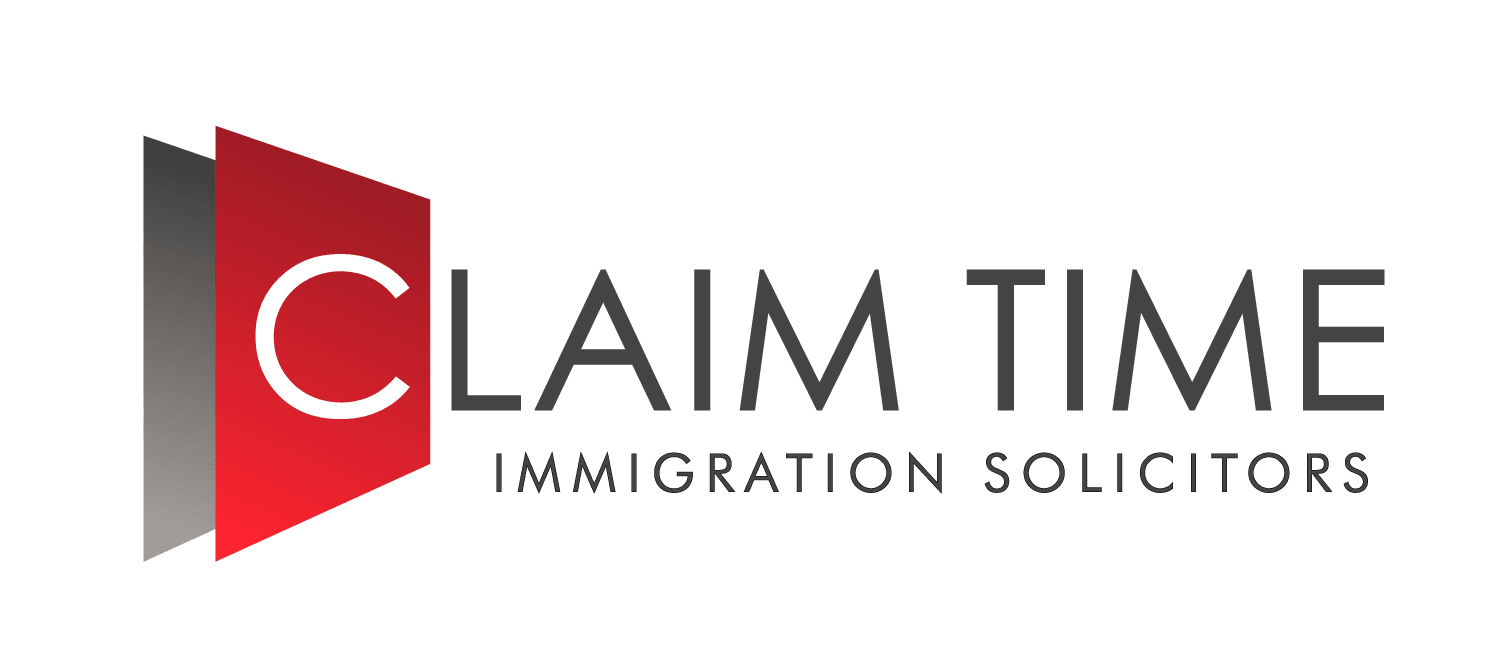
UK Immigration: Minimum Income Requirement for Family Visa

Starting on April 11, 2024, the minimum salary criteria for UK family visas is scheduled to rise to £29,000. The Statement of Changes to the Immigration Rules (HC 590), which was released on March 14, 2024, has made changes to Appendix FM of the Immigration Rules.
An increase in the income threshold for British citizens and settled residents to bring their partners and children to the UK was one of the policies’ unanticipated changes. According to the government, the threshold will rise in three phases and will reach £38,700 per year by the beginning of 2025. This is more than twice as much as the previous £18,600, and it will be in line with the minimum salary required for visas for skilled workers. The £38,700 threshold sets the UK apart from other nations’ family migration laws, as it surpasses the median employee pay of £29,700. These laws typically limit the minimum income required for a family to live independently of social security.
This analysis examines the main implications of the policy.
- The statement of policy
- Family migration makes up a small portion of recent immigration.
- Family separation and longer settlement times could arise from the new income criterion.
- Lower incomes, particularly women and young people, are more impacted by income limitations.
- The UK has stricter family income requirements than other nations.
What factors contribute to the rise?
The minimum income criteria for family visas has been increased, as confirmed by the Explanatory Memorandum to the Statement of Changes, on the grounds that the previous barrier (£18,600) had not been changed in more than ten years. It is argued that the former criterion no longer accurately represents the amount of money needed by a family to guarantee their independence and avoid requiring government assistance.
Considering the aforementioned justification, it is important to comprehend the modification as one of the steps taken by the government to further its goal of lowering net migration to the UK. The Explanatory Memorandum refers to the broader setting in which these extreme actions are being implemented:
To encourage migrants to contribute positively to public finances, a new minimum income criterion has been set at a level that considers both earnings and assistance levels. This involves backing the goal of lowering the excessively high overall level of net migration. This adjustment will also help the government achieve its larger goal of making the UK an economy with high wages, high productivity, and high skill levels.
When are the adjustments going to take place?
- Since March 11, 2024, it has been prohibited for newly hired caregivers to bring their direct family members.
- April 4, 2024, will see an increase in the minimum compensation for skilled workers.
- The Shortage Occupation List will be replaced with an interim Immigration Salary List on April 4, 2024; this list will be revised subsequently.
- Starting on April 11, 2024, the minimum income required for spouse/partner visas will rise to £29,000. It will then climb to approximately £34,500 at a later date in 2024, and ultimately to around £38,700 “by early 2025.”
As part of the ongoing assessment of the graduate visa, the Home Secretary has requested a report by May 14, 2024.
Who will be impacted by the rise?
It is made clear in the Statement of Changes that new applicants through the family route—children, spouses, civil partners, unmarried partners, fiancés, and potential civil partners—will be impacted by the change.
The £18,600 income criteria will still be applied to those who already have a family visa issued under the five-year path to settlement and who want to apply for an extension of stay or for indefinite leave to stay with the same partner. Applying prior to the increase taking effect on April 11, 2024 will likewise have their applications evaluated using the present threshold.
The Explanatory Memorandum confirms the following:
If the applicant requests to remain with the same partner, the minimum income requirement (MIR) must be satisfied through settlement on the route. Children who want to join or go with a parent will likewise experience this. For individuals currently on the route or those who apply prior to the increase going into effect, these agreements offer assurance.
Consequently, if you think you might not be able to meet the higher income criterion, we highly advise anyone considering applying to do so as soon as possible.
It’s also crucial to remember that, following the increase in the minimum income criterion, individuals who are currently in the UK under a different visa category and wish to move to the five-year partner route will have to meet the new income criteria.
If people are unable to reach the new threshold, what options do they have?
If an applicant is unable to reach the new, increased standards, they will need to apply through the more difficult ten-year path to settlement, which is awarded in four installments of thirty months each.
The aforementioned path is challenging since it violates Human Rights principles (ECHR Article 8), which demand partners to demonstrate that extraordinary circumstances and unsurmountable barriers are preventing their family life from continuing outside of the UK. Applications with children would have to demonstrate that it would not be reasonable for their child to leave the United Kingdom. In general, applications would also need to demonstrate that a potential denial would violate human rights if it would cause the applicant or their family members to suffer unjustifiably severe consequences.
These kinds of applications are quite complicated and call for expert legal counsel, in addition to strong proof of the applicant’s necessity to enter or remain in the UK in accordance with their human rights.
How Immigration Lawyers from Our Firm Can Assist
With vast experience handling all kinds of visa applications, Claim Time Immigration is a specialised immigration law practice. Our focus is on outcomes, and we are professionals with a deep understanding of immigration law. Please call 08009702727 or send us an email to [email protected] if you need help with your visa application or have any other questions about UK immigration law. We are available to assist!


